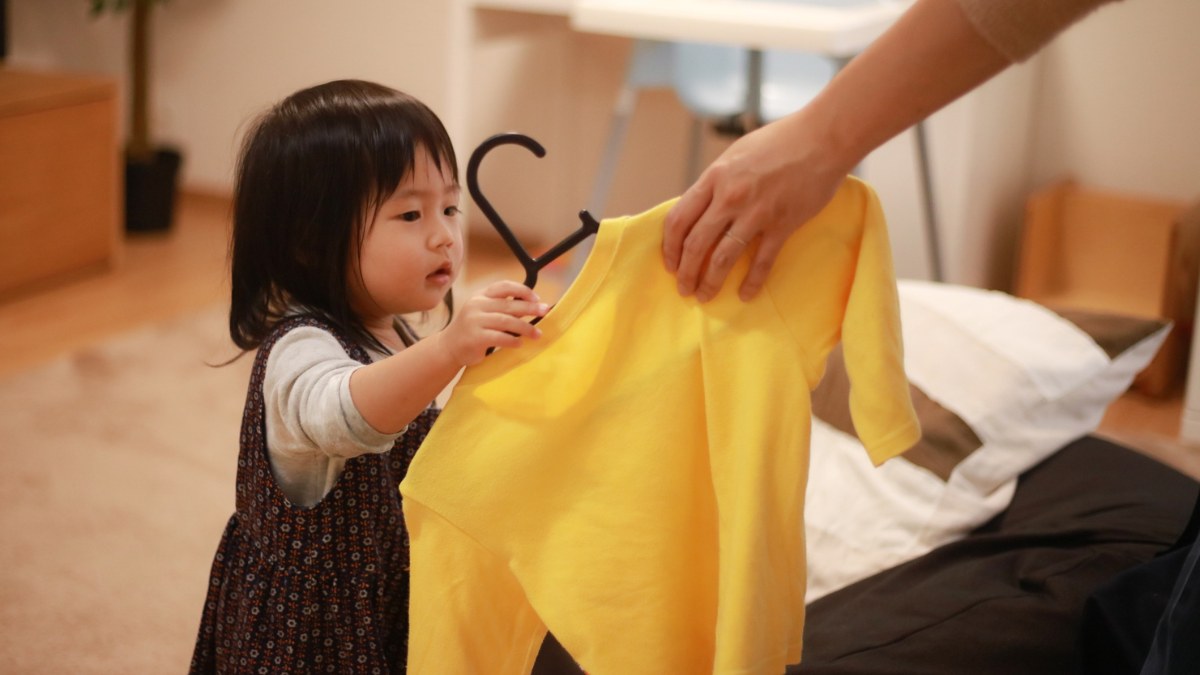Autism and Hygiene: Can Kids Learn to Love Self-Care?
Autism and hygiene challenges affect daily life. Find helpful ways to support kids in building self-care habits that feel easier, positive, and rewarding.
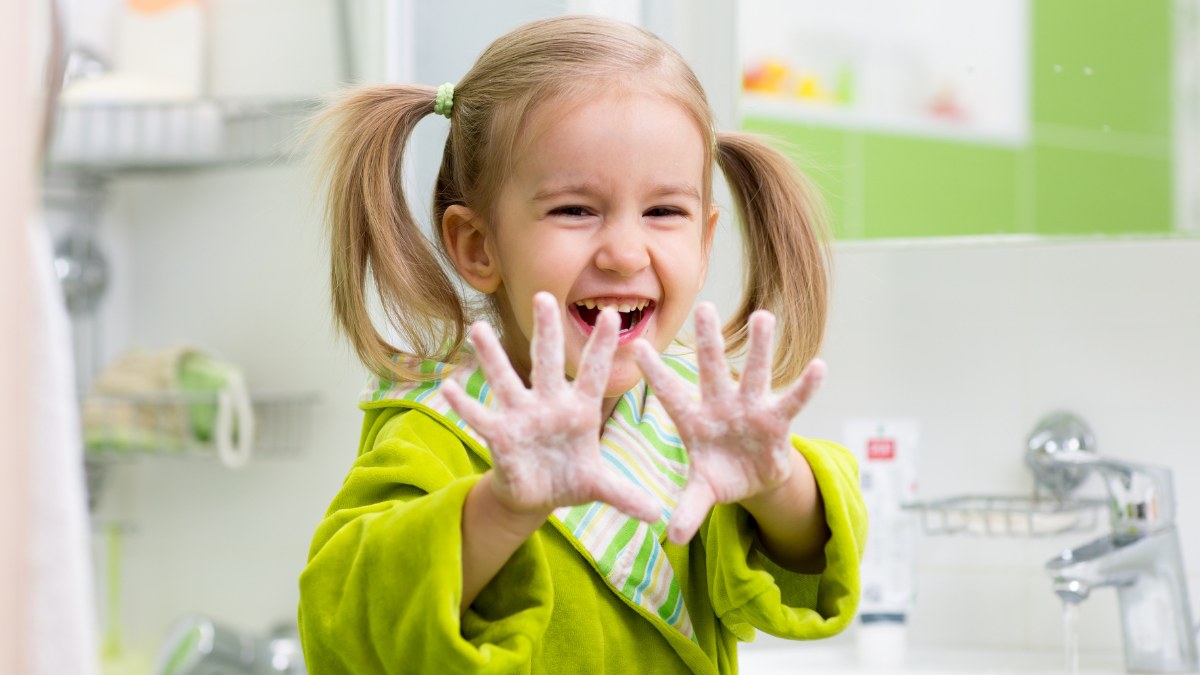
Autism and Hygiene: Can Kids Learn to Love Self-Care?
Key Points:
- Children with autism may face unique sensory and behavioral challenges that make self-care difficult, but structured support can help them build positive hygiene habits.
- Using clear routines, visual supports, and gradual skill-building strategies can make hygiene tasks less overwhelming.
- ABA therapy can provide individualized techniques that encourage independence, reduce anxiety, and make self-care rewarding.
Maintaining hygiene is a fundamental part of daily life, but for many children on the autism spectrum, tasks like brushing teeth, washing hands, or bathing can feel overwhelming. Sensory sensitivities, resistance to change, or difficulty understanding routines can turn even simple self-care into a source of frustration.
The good news is that with consistent support, guidance, and the right strategies, children with autism can not only learn hygiene skills but also develop a positive attitude toward self-care. Approaches like Applied Behavior Analysis (ABA) therapy have proven effective in helping children gain independence, reduce anxiety around hygiene tasks, and enjoy the process rather than resist it.
Can Kids Learn to Love Self-Care?
Yes. Children with autism can absolutely learn to enjoy self-care when it is approached in a structured, supportive, and engaging way. By breaking down tasks into small, manageable steps, using visual supports, and pairing routines with positive reinforcement, kids gradually build confidence and independence.
Personalizing the process to their sensory preferences—such as selecting soft fabrics, preferred toothpaste flavors, or gentle hairbrushes—can make daily hygiene activities more enjoyable. Over time, what once felt overwhelming can become a source of pride and autonomy, helping children feel empowered while developing lifelong self-care habits.
Understanding the Challenges of Hygiene in Autism
Before diving into strategies, it’s important to recognize why hygiene can be particularly challenging for autistic children. Several factors often contribute:
- Sensory Sensitivities: Children may be extremely sensitive to textures, water temperature, or scents. For example, the feel of a toothbrush bristle or the sound of running water might feel unbearable.
- Routine and Predictability Needs: Many children with autism thrive on routines and can become distressed by changes. A hygiene task that varies day-to-day may trigger resistance.
- Communication Barriers: Difficulty expressing discomfort or understanding instructions can make self-care frustrating for both the child and caregiver.
- Motor Skills Challenges: Fine motor difficulties may make handling toothbrushes, soap, or washcloths challenging.
Recognizing these challenges allows caregivers to approach hygiene with empathy, understanding that resistance is often rooted in sensory and cognitive differences rather than intentional defiance.
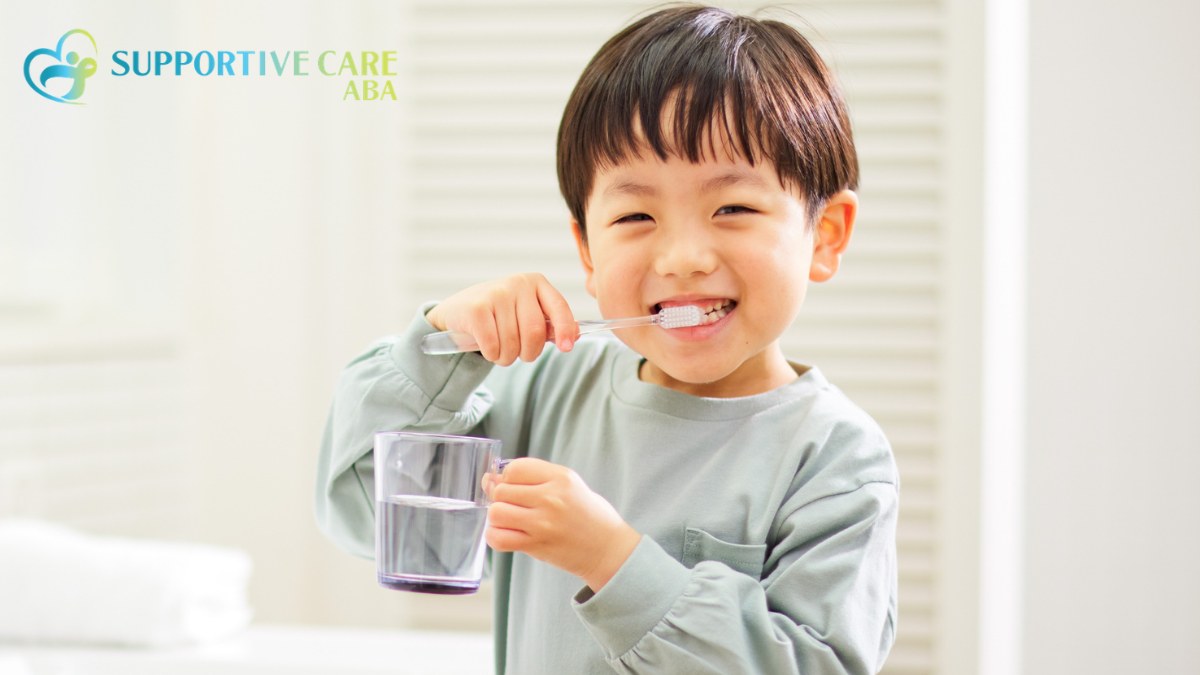
Building Positive Self-Care Habits: Key Strategies
Creating positive hygiene habits starts with a supportive framework that is predictable, engaging, and manageable. The following approaches provide structure and encouragement:
1. Establish Clear and Consistent Routines
Routines reduce uncertainty and help children anticipate what comes next. When it comes to hygiene:
- Set a predictable schedule for brushing teeth, bathing, and handwashing. For example, brushing teeth every morning after breakfast and every evening before bed.
- Use visual schedules with pictures showing each step of the process. Visual cues reduce anxiety and help children understand expectations.
- Offer gentle reminders and praise when tasks are completed successfully, reinforcing positive behavior.
2. Incorporate Sensory-Friendly Adaptations
Sensory sensitivities are often the biggest barrier to hygiene. Adapting the environment can make tasks more comfortable:
- Use unscented or mildly scented soaps and shampoos to avoid overwhelming smells.
- Adjust water temperature to a level that feels soothing rather than jarring.
- Provide toothbrushes, washcloths, or towels with textures the child prefers. Some children respond better to soft bristles, while others prefer firmer brushes.
- Consider noise-reducing solutions for bathing, like quiet faucets or headphones for children sensitive to sound.
3. Break Tasks Into Small, Achievable Steps
Complex hygiene routines can be daunting. Breaking them into manageable steps makes success more attainable:
- Model each step slowly and clearly. For teeth brushing, demonstrate squeezing toothpaste, brushing the front teeth, then the back teeth.
- Allow children to practice one step at a time before moving on.
- Use checklists or reward charts to mark completed steps, giving children a tangible sense of accomplishment.
4. Make Hygiene Fun and Engaging
Turning hygiene into a playful or rewarding activity encourages participation:
- Use songs, timers, or games to make brushing teeth or washing hands more enjoyable.
- Let children choose their own toothbrushes, bath toys, or towels to increase engagement.
- Offer praise, stickers, or small incentives for completing hygiene tasks independently.
Encouraging Independence Through ABA Techniques
Applied Behavior Analysis (ABA) therapy focuses on building skills through repetition, reinforcement, and individualized strategies. ABA can be particularly helpful in promoting self-care for children with autism:
- Task Analysis: ABA therapists break hygiene tasks into smaller, teachable components, ensuring children learn each step thoroughly.
- Positive Reinforcement: Children are rewarded for completing tasks or showing progress, which strengthens motivation and confidence.
- Modeling and Prompting: Therapists demonstrate proper technique, provide guidance, and gradually reduce support as independence grows.
- Generalization: ABA techniques ensure children can apply hygiene skills across different environments, like home, school, or public restrooms.
By integrating these strategies, children gradually learn to complete hygiene tasks independently, transforming self-care from a stressful obligation into a manageable routine.
Common Hygiene Tasks and Practical Tips
Here’s a deeper look at specific hygiene tasks and how to make them more approachable:
Teeth Brushing
Children may resist teeth brushing due to taste, texture, or gag reflex. Try these approaches:
- Allow children to choose flavored toothpaste that isn’t overwhelming.
- Use visual step-by-step guides showing each part of brushing.
- Introduce electric toothbrushes if the vibration is tolerated, as it may reduce effort and improve effectiveness.
- Brush together as a family to model behavior and create a routine.
Bathing
Bath time can trigger sensory overload. Consider:
- Letting children control water flow or temperature.
- Adding non-foaming soaps or minimal fragrance products.
- Allowing gradual exposure, such as starting with sponge baths before moving to full baths.
- Incorporating toys or music to create a positive and predictable environment.

Handwashing
Hand hygiene is critical but can be challenging for children sensitive to water, soap, or touch:
- Use visual cues showing each step: wet hands, apply soap, scrub, rinse, dry.
- Experiment with different soaps and towel textures.
- Offer immediate praise for completion or a small reward system for consistent handwashing.
Hair Care
Hair washing and brushing can be a sensory minefield:
- Let children choose their shampoo or brush type.
- Use gentle, slow movements, and provide breaks if overwhelmed.
- Incorporate distraction techniques like singing or storytelling to reduce stress.
Addressing Resistance and Behavioral Challenges
Even with the right tools, resistance may occur. ABA-informed strategies can help:
- Identify Triggers: Observe when and why resistance happens—water temperature, texture, or sequence of steps.
- Gradual Desensitization: Slowly introduce challenging elements, rewarding tolerance at each stage.
- Reinforce Effort, Not Perfection: Praise attempts and partial successes to build confidence.
- Use Visual Schedules: Anticipating what comes next reduces anxiety and increases compliance.
- Maintain Calm and Consistency: Gentle reminders and predictable routines are more effective than pressure or frustration.
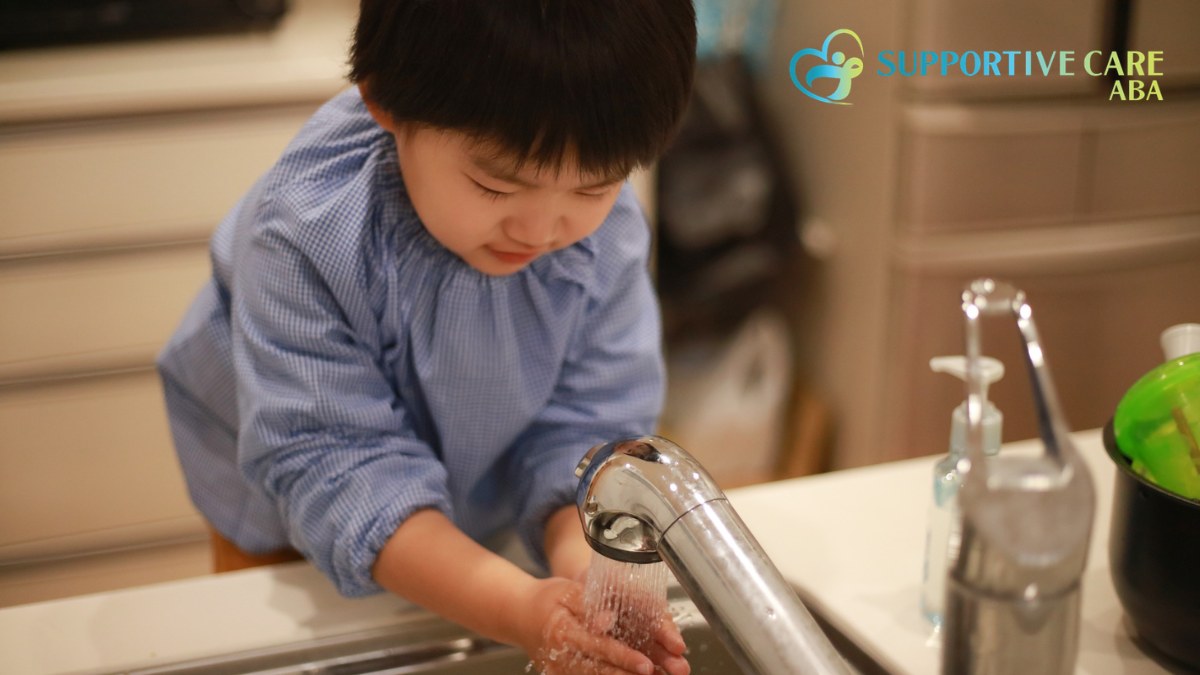
Making Self-Care a Positive Experience
The goal is for hygiene to become routine, manageable, and even enjoyable:
- Celebrate achievements, no matter how small, to build motivation.
- Use choice-making to empower the child—allowing them to pick the soap scent or toothbrush color.
- Encourage family participation and model behavior consistently.
- Recognize progress and track improvements visually, like with charts or stickers.
Supporting Your Child With ABA Therapy
Children with autism can absolutely learn to love self-care with structured support. ABA therapy is one of the most effective ways to address hygiene challenges. At Supportive Care ABA, we use individualized strategies that make self-care less stressful and more rewarding. Our programs help children build independence, manage sensory sensitivities, and develop routines that stick.
Families can access ABA therapy in Oklahoma, Georgia, Virginia, Indiana, and North Carolina to guide their children toward consistent hygiene skills and confidence in self-care. By integrating visual supports, positive reinforcement, and gradual skill-building, children learn habits that not only promote health but also increase their overall sense of autonomy.
Investing in ABA therapy for hygiene support ensures your child isn’t just completing daily tasks—they’re learning skills that empower them for life. Contact us to start building positive self-care routines today and see how structured, compassionate support can make hygiene an achievable and even enjoyable part of your child’s day.




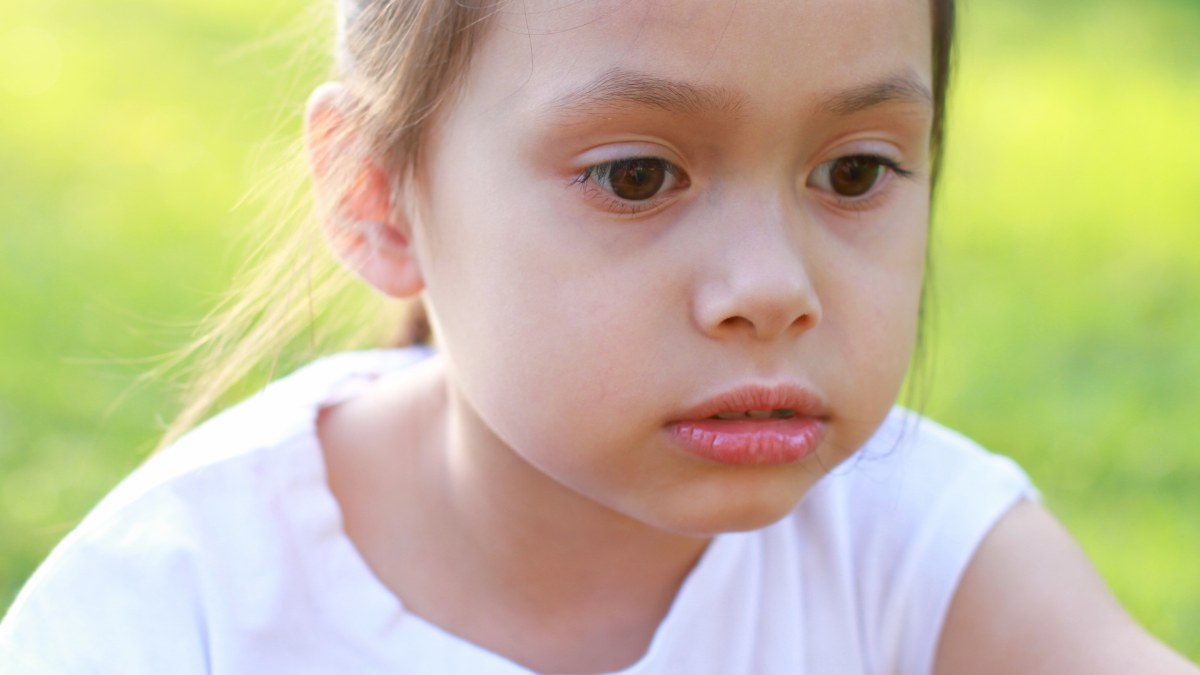


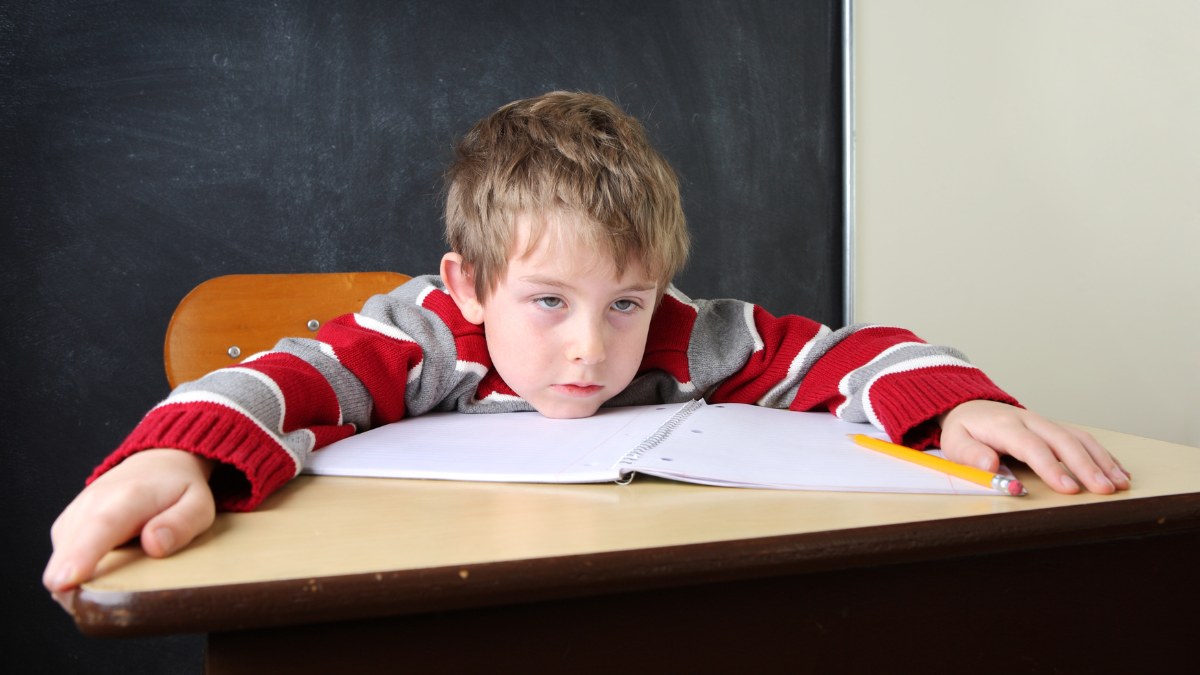
.jpg)
.jpg)

%20(1).jpg)
.jpg)

